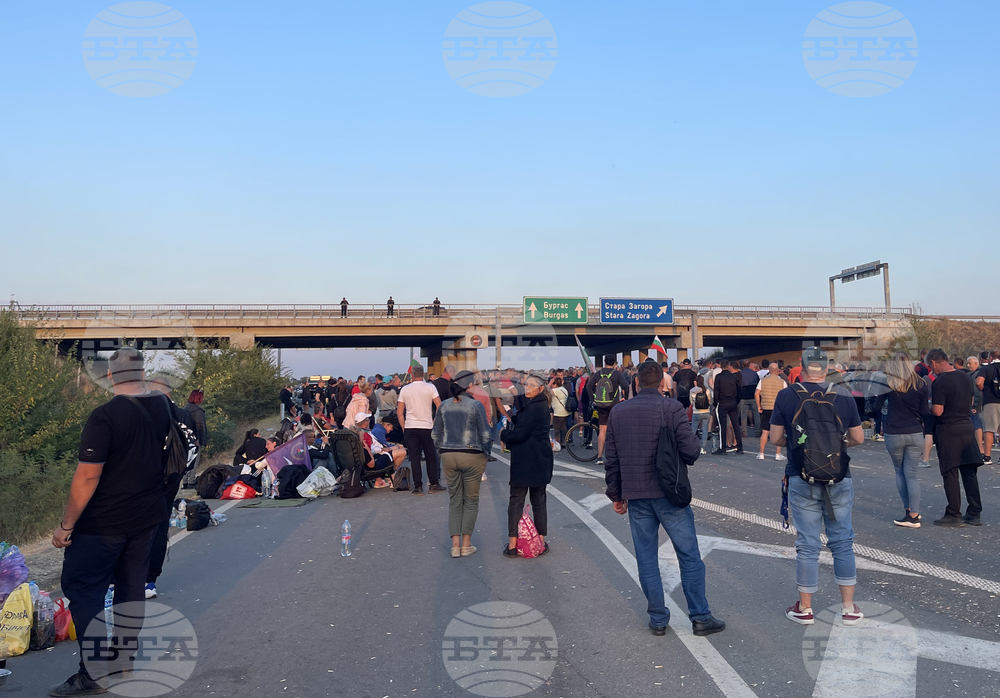PM Denkov Makes Second Attempt to Negotiate with Protesting Energy Workers
Prime Minister Nikolay Denkov made a second invitation to meet with the protesting miners and energy workers. He invited them to confer with him in Mines Maritsa East EAD in Radnevo at 4 p.m. on Tuesday to discuss the territorial just transition plans for the coal-mining regions of Stara Zagora, Pernik and Kyustendil, the Council of Minister said in a press release here on Monday.






































